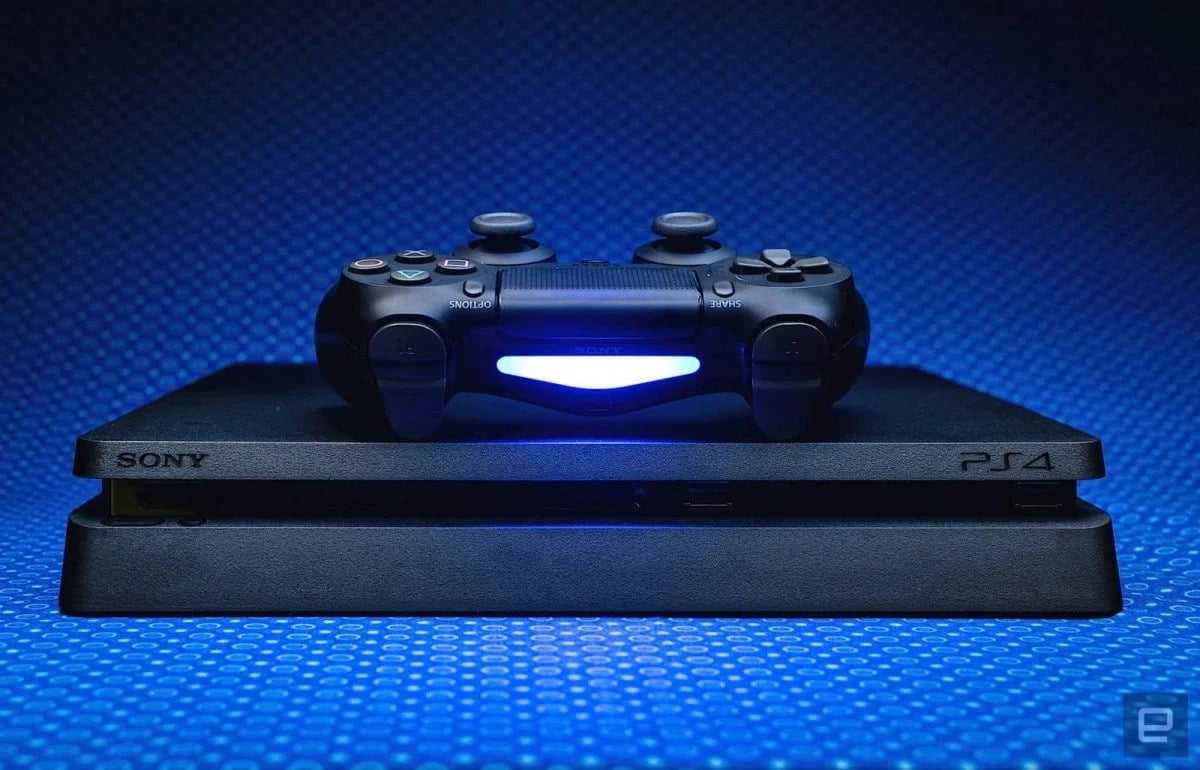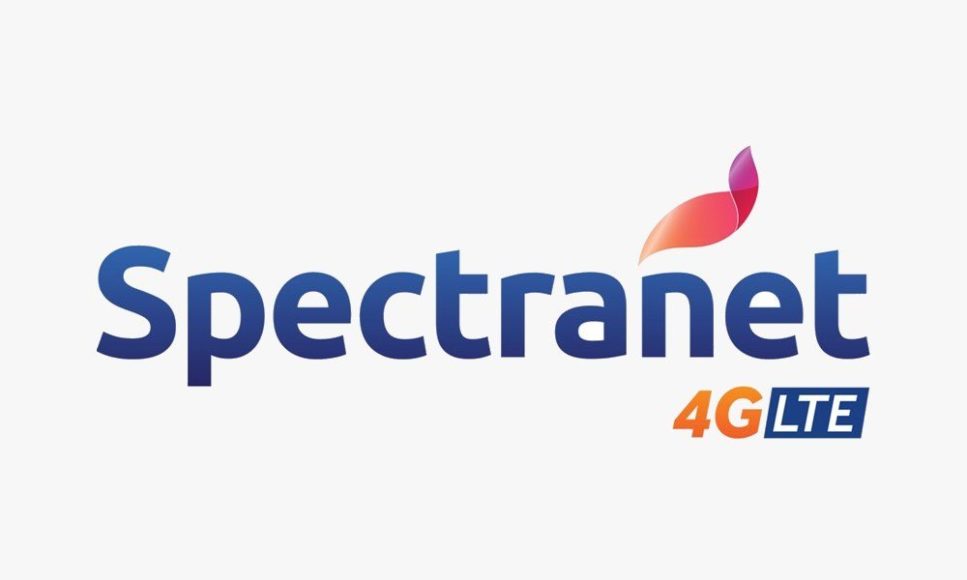The iOS 11 is the latest software update for their iOS smartphones. The change, however, was already seen some months ago but it was announced just a few weeks ago. Before Apple finally launched the iOS 11, the operating system remained in the Beta version for a long while. Usually, every app, game or software created must stay in the Beta version first so that all the bugs and vulnerabilities of the software will be discovered. Besides, while software is in Beta version, the developers get to study the app, know more about it and learn the pros and cons of their software. The same thing goes for the iOS 11. About ten different beta versions of the operating system were release and with each release came a new update. Some of the updates could be detected by users while some other updates remained hidden.

About ten different beta versions of the operating system were release and with each release came a new update. Some of the updates could be detected by users while some other updates remained hidden under the developer’s shell.
As technology progresses in the world every day, some things move on to the past as newer ones are introduced. Older things get left behind because of lack of both hardware and software support. Besides, older hardware isn’t usually fit enough to handle the processing of new features introduced and so their support will eventually end. The same thing goes for whenever new operating systems are introduced on your devices. Similar is the case with Apple iOS. Now that the new iOS 11 has been introduced, some device might lose support with some other new devices introduced. Some devices might be compatible with the new iOS 11 and some might not. The
Similar is the case with Apple iOS. Now that the new iOS 11 has been introduced, some device might lose support with some other new devices introduced. Some devices might be compatible with the new iOS 11 and some might not. The compatibility is limited because of the lack of hardware on some devices to handle the new operating system update. However, if your device isn’t compatible with the new iOS update, you can still keep using it but with the old operating system.
List of iOS Devices Compatible With iOS 11: iPhone
- The new Apple iPhone X
- The new iPhone 8 and iPhone 8 Plus
- iPhone 7 and iPhone 7 Plus
- iPhone 6s and iPhone 6s Plus
- iPhone 6 and iPhone 6 Plus
- iPhone SE
- iPhone 5s
So, the Apple iPhone 5, iPhone 5C and all other previous models of the iPhone are not compatible with the new iOS 11. However, you can continue using whichever OS was on it before.
List of iOS Devices Compatible With iOS 11 – iPad
- 12.9-inch iPad Pro
- 2nd Generation 12.9-inch iPad Pro
- 1st Generation 10.5-inch iPad Pro
- 9.7-inch iPad Pro
- iPad Air 2
- iPad Air
- 5th Generation iPad
- iPad mini 2
- iPad mini 3
- iPad mini 4
List of iOS Devices Compatible With iOS 11 – iPod
- Only 6th Generation iPod touch
That is the complete list of iOS devices compatible with iOS 11. Well, because your phone doesn’t have iOS 11 compatibility doesn’t render it useless. You can continue using the device as long as it is working.






